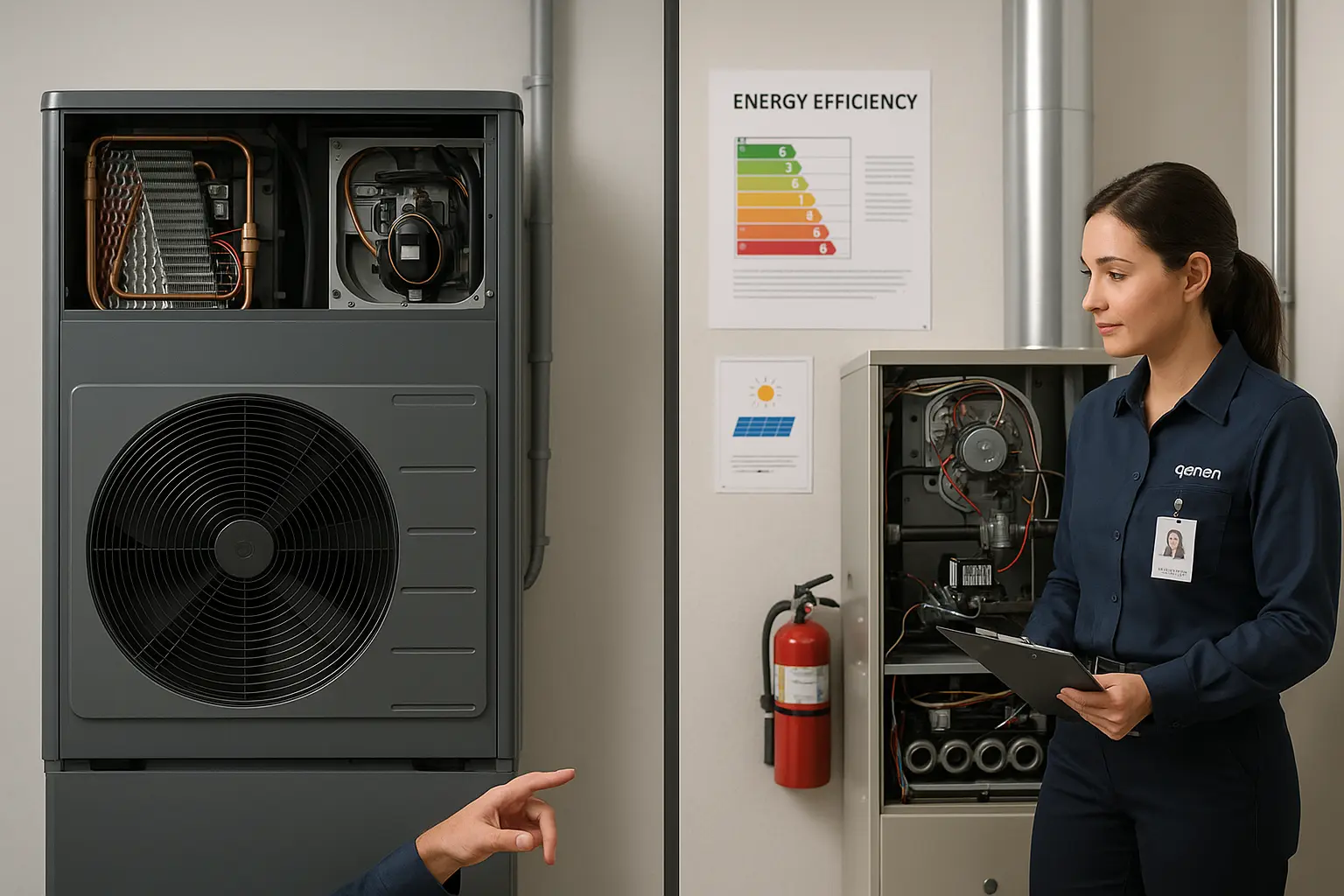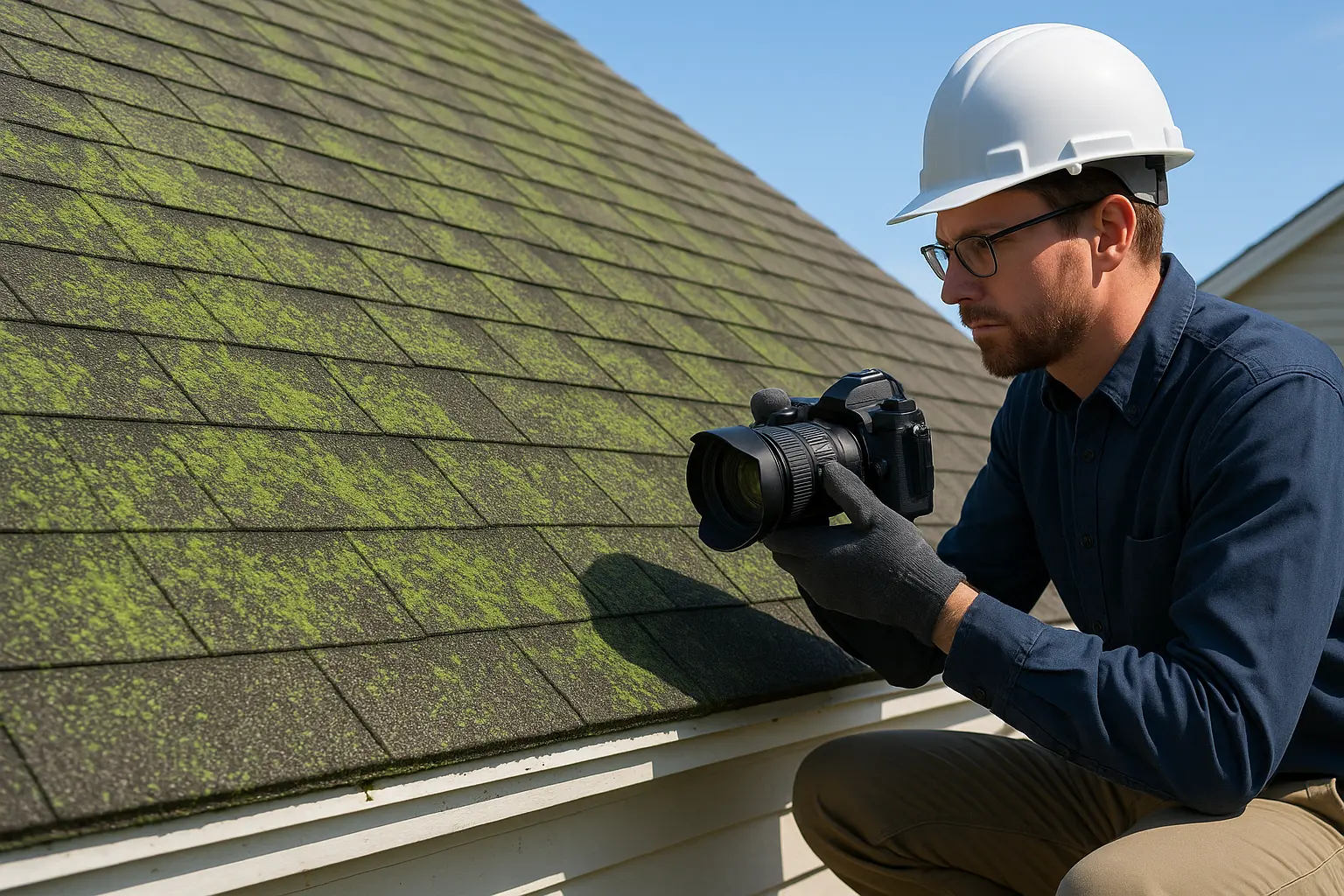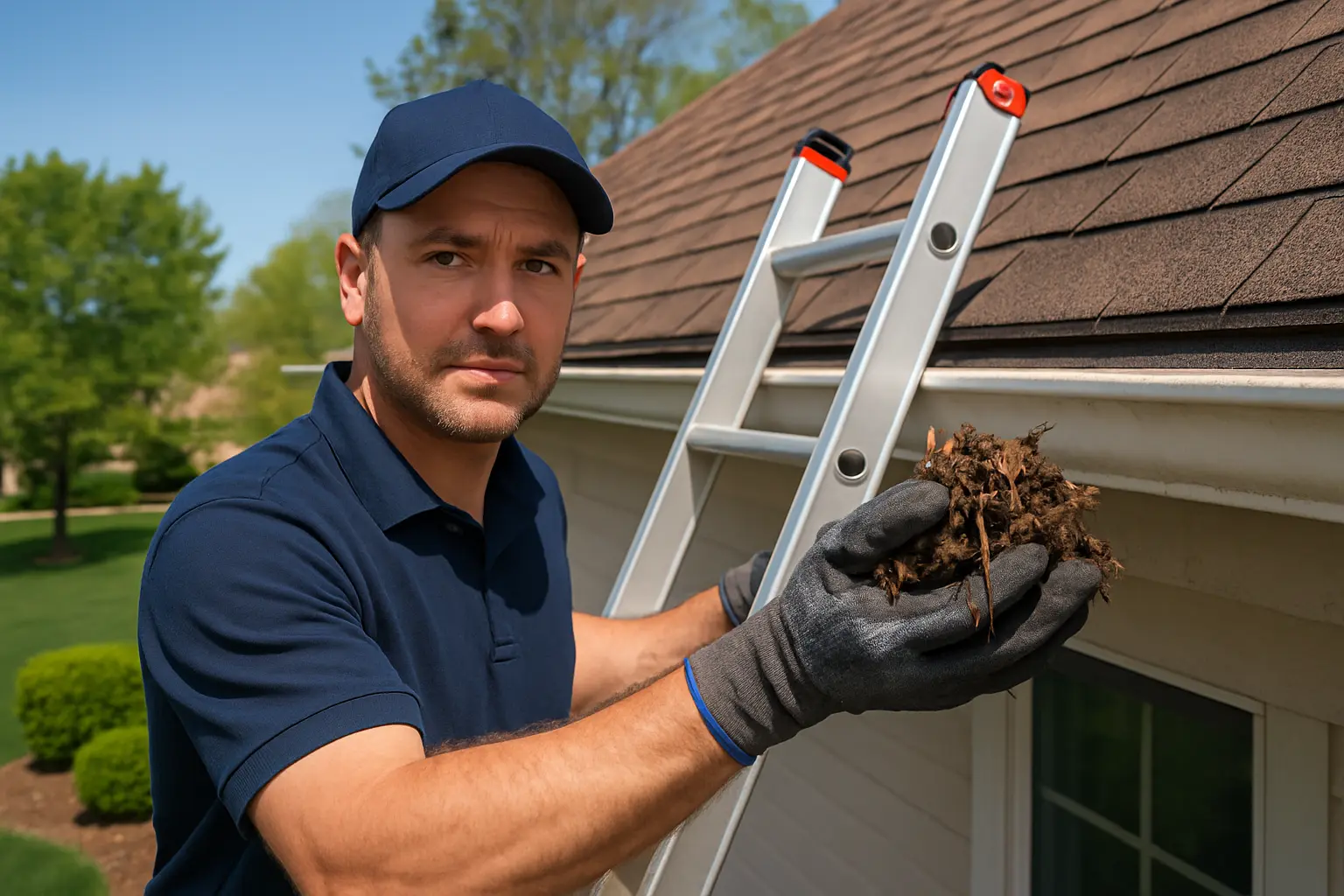Optimal Heating Efficiency: A Strategic Guide
Homeowners face a tough choice when it comes to selecting a system that not only warms their space during chilly seasons but also keeps overall costs low while being kind to the planet. Whether you lean toward a heat pump or a furnace, making a wise decision starts with understanding how each device works, what benefits they deliver, and where they might fall short. Every home is unique, and by knowing the ins and outs of these heating systems, you can choose the one that best matches your energy needs, lifestyle, and budget—all while aiming for optimal heating efficiency.
The chatter about which system performs better has been around for years, especially as new solutions and ideas enter the market. In a time when keeping energy costs manageable and protecting our environment are top priorities, picking the right heating option is about more than just staying warm; it’s about securing comfort and making a sound financial choice. In the sections that follow, we’ll break down how heat pumps and furnaces operate, highlight their strengths, and share key factors to consider when planning your heating strategy.
How Heat Pumps Function in Your Home
Heat pumps have caught the eye of many because they take a different approach to heating. Instead of creating warmth by burning fuel or using resistance, these systems shift heat from one point to another. By using a refrigeration cycle that can even work in reverse during cold times, a heat pump draws in external heat—even when it’s quite cold—and moves it indoors with remarkable efficiency.
This method of moving heat instead of producing it gives heat pumps a serious edge when it comes to energy use. In milder climates, a heat pump can output nearly three times more heating energy than the electricity it uses. This performance is a key example of why aiming for optimal heating efficiency can translate into noticeable savings on energy bills.
Advanced compressor designs and improved refrigerants have boosted the overall reliability of heat pumps, making them a preferred choice for homeowners who appreciate both lower costs and a smaller environmental footprint. Studies reveal that switching to these systems can cut energy consumption by up to 40% when compared to conventional methods.
Achieving Optimal Heating Efficiency
One of the most attractive features of heat pumps is their ability to perform double duty by also offering cooling in the warmer months. In winter, they channel in heat from outside, and when summer hits, they flip the cycle to cool your home. This dual-use can help you maintain a comfortable indoor environment year-round without needing separate units. In fact, families weighing the benefits of heat pump vs furnace often find that the convenience of a single system that adjusts to different seasons is hard to beat.
This all-in-one capability means that extra space isn’t needed for an air conditioner if you already have a heat pump system in place. With only one system to maintain, the upkeep becomes simpler and often less expensive compared to having multiple separate units.
When homeowners consider the goal of optimal heating efficiency, they find that heat pumps can help reduce energy loss and support a greener lifestyle. By drawing heat from the outside or even from renewable energy sources like solar power, these systems significantly cut down on reliance on fossil fuels and lessen harmful emissions. The impact on local air quality in cities—where every bit counts—is also a welcomed benefit.
It’s important to mention that even though heat pumps excel in moderate conditions, their performance might drop in extremely harsh weather. In these severe climates, additional backup heating can sometimes be useful for meeting demands during the coldest days.
Getting to Know Furnaces
In many households, furnaces have long been the go-to option for reliable warmth. Their strong performance in freezing temperatures makes them indispensable in regions where winter can be unforgiving. Furnaces operate by burning fuel—typically natural gas, propane, oil, or even through direct electrical resistance—to create immediate heat that is circulated throughout your home by a network of ducts.
This technology has been refined over generations, ensuring that furnaces deliver consistent heat when it’s most needed. Their solid track record gives homeowners peace of mind, even when temperatures drop steeply.
Dependable Operation and Rapid Warmth
Furnaces are celebrated for their ability to heat spaces quickly and reliably. In locations where the cold is intense, having a dependable furnace means your home can warm up fast, protecting against risks like frozen pipes or structural damage. For families in northern areas, this quick response is not just a comfort issue but also a matter of safety.
Because furnace technology has been in use for decades, the installation and repair processes are well known, with plenty of experienced professionals available to help. This longevity of design makes it easier to find parts and support when needed, a factor that many homeowners count in their favor when planning for long-term heating solutions.
Many case studies show that in regions with constant, severe winters, a reliable furnace continues to prove its worth day after day, making it a favored option for those seeking immediate and robust heating.
Evaluating Fuel Choices and Costs
The debate between a heat pump vs furnace often centers around the fuel used and the associated costs. With furnaces, you have several fuel options, including natural gas, oil, propane, and electricity. The variety allows homeowners to select an option that fits local fuel availability and current energy prices. In areas with affordable natural gas, a gas furnace can be very economical. On the other hand, electric furnaces offer another solution for those interested in cleaner energy choices.
High-efficiency furnaces have come a long way, sporting improved heat exchangers and electronic controls that ensure you use fuel wiser. Regular maintenance and the right fuel can keep these systems running for many years, delivering both prompt heat and durability.
In comparison, while heat pumps come with a higher startup cost due to their advanced systems, their lower energy use over time can help balance the overall expense. With rising energy prices and perks like tax credits or government rebates for energy-efficient systems, both options should be weighed carefully. Whether your preference leans toward a heat pump or furnace, careful research on installation fees and expected running costs is crucial in reaching a decision.
By setting your sights on optimal heating efficiency, you can compare total cost of ownership over years. Detailed evaluations of fuel prices, maintenance schedules, and operating costs can reveal which system will be friendlier on your wallet in the long run.
Climate Considerations and Installation Factors
The right heating solution depends a lot on your local environment. In milder regions, a heat pump excels at delivering warmth and cooling without extra backup, while in seriously cold areas, a furnace might be a smarter pick. This alignment with your local weather is key when aiming for optimal heating efficiency, ensuring that your system runs effectively throughout the seasons.
Installation complexity is another area to consider. Heat pumps require a well-coordinated setup of indoor and outdoor units with proper duct or refrigerant line planning. Because of this detailed setup, professional installation is essential. In contrast, many furnaces benefit from simpler, time-tested installation methods that are faster to complete and often involve less labor and cost.
When you choose a system that matches your area’s climate, you also take into account the practical requirements of installation and maintenance. This is especially important if space is limited or if your budget calls for minimal disruptions during setup. Whether you are comparing heat pump vs furnace, analyzing installation factors can bring you closer to achieving optimal heating efficiency in your home.
Making Your Choice for a Sustainable Future
Deciding on the best heating system requires weighing various aspects such as upfront costs, ongoing expenses, and system longevity. With both heat pumps and furnaces showing their own sets of strengths—like a heat pump’s energy-saving dual role or a furnace’s ability to deliver fast, intense warmth—the final decision often rests on your unique circumstances.
For those who aim at optimal heating efficiency, the focus should be as much on the total cost and energy savings over time as on immediate affordability. Do your research, talk with local energy experts, and consider the typical climate of your area. Sometimes, personalized advice from a technician who can inspect your home’s insulation, airflow, and energy flow can tip the scales in favor of one system over the other.
Take time to evaluate local climate records and trends, noting factors like average low temperatures and humidity. This informed approach can help you decide whether the versatility of a heat pump or the proven quick-heat action of a furnace is better suited for your home.
Your choice also reflects a broader commitment to saving money and reducing environmental impact. As concerns about energy use continue to grow, targeting optimal heating efficiency with the right system not only saves money but can also reduce greenhouse gas emissions, promoting a healthier living space for everyone.
Remember, whether you choose a heat pump or furnace, each system carries benefits that could be more appealing depending on your local weather and personal energy goals. With the right installation and a commitment to maintenance, either option can deliver the comfort and savings you expect.
Conclusion
The final decision between investing in a heat pump or a furnace is deeply personal and tied to your local conditions, budget, and long-term energy plans. Heat pumps shine with their ability to both cool and heat, setting a stage for optimal heating efficiency that many homeowners strive for in moderate climates. In contrast, furnaces stand out in severely cold regions where every bit of fast, dependable heat is critical.
Reflect on your home’s insulation, the weather patterns in your area, and your overall energy requirements. By tallying up both the setup costs and ongoing operating expenses, you can pick a system that meets your immediate needs and supports your long-term vision for efficient home heating.
Taking the leap toward a system that offers optimal heating efficiency is a decision that promises improved comfort and a more sustainable future. Whether you lean toward the innovative dual capabilities of a heat pump or the robust dependability of a furnace, making an informed choice now can pay off in warmth, reliability, and savings for years to come.





